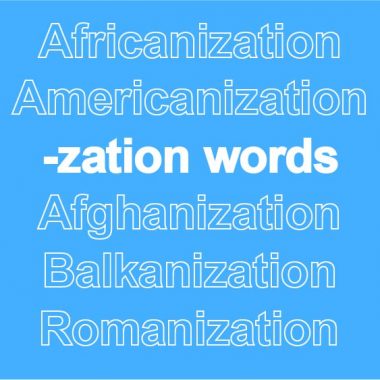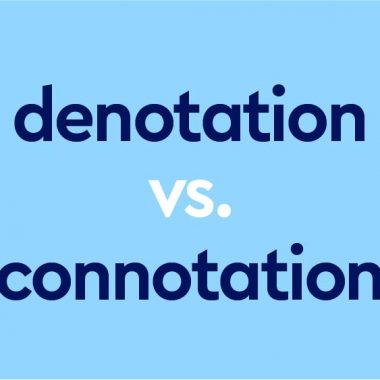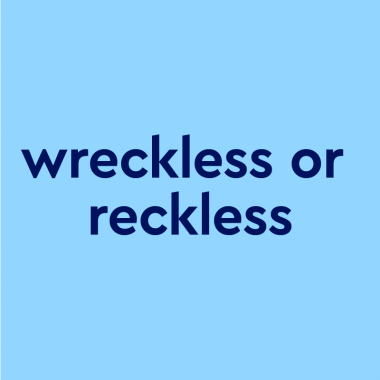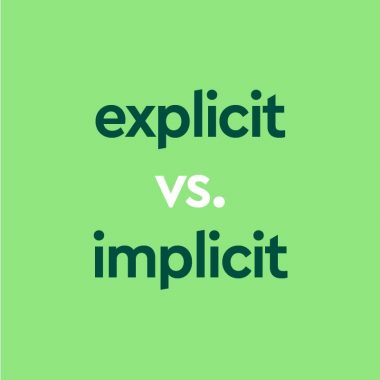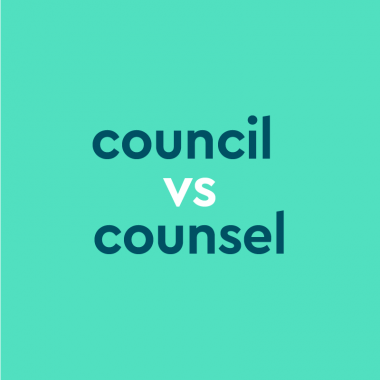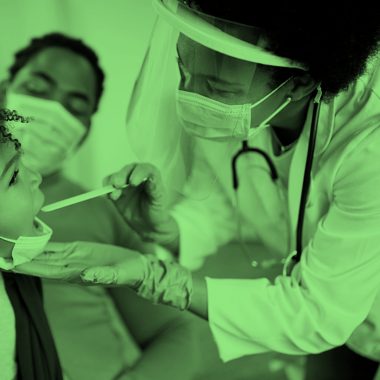Brake vs. Break: Stop Everything & Learn The Difference
Let’s hit the brakes and take a quick break to break down the difference between brake and break. We’ll answer all your questions, including: Did we just use all of those words correctly? What’s the difference between break and brake? Is it break down or brake down? Is it a break pedal or a brake pedal? In this article, we’ll cover multiple meanings of these …



